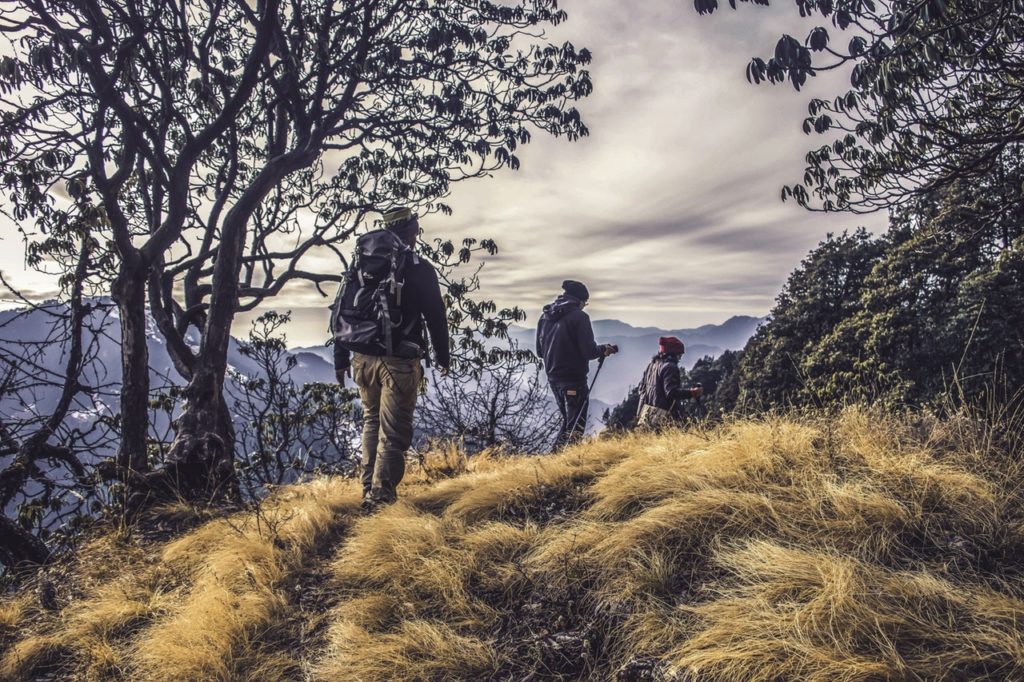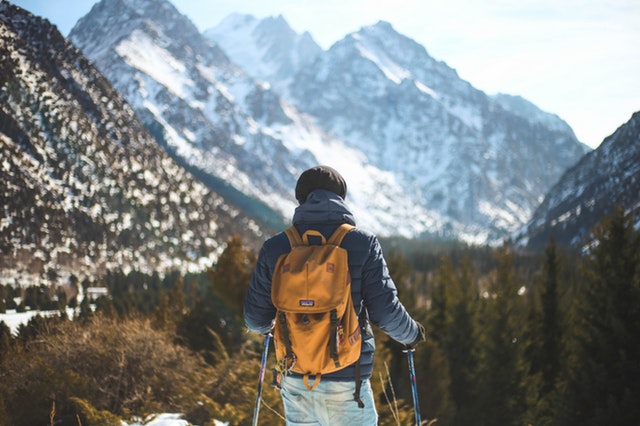How to Minimise Your Environmental Impact When Adventuring Outdoors
Spending time in the wilderness is a popular pastime for millions. Whether it’s hiking, skiing, or biking, there’s something for everyone to do to have a good time outdoors.
However, this isn’t necessarily a good thing. With so many people venturing off into the forest it’s easy for irreparable damage to be done, from littering to starting unregulated forest fires.
Although throwing out a plastic water bottle or chopping down a few branches for your fire doesn’t seem like a big deal, when you account for the millions of other people also doing the same it’s easy to see how the impact you have on the wild is huge.
Luckily, the Center for Outdoor Ethics has developed 7 principles for outdoor enthusiasts to follow.

Ways to Minimise Your Environmental Footprint
Plan Ahead and Prepare
When getting ready to explore the wilderness, make sure you do your due diligence. This includes knowing the rules and regulations of the place you’re visiting, having a proper way to dispose of food and waste items, and travelling in smaller groups.
Travel and Camp on Durable Surfaces
Make sure that when you’re camping, you are only camping where suitable. This means only camping on previously established campgrounds with the proper equipment. It also means camping far away from where animals may feed or sleep.
Dispose of Waste Properly
This includes both human and material waste. Human waste should be deposited at least 6 inches underground and at least 200 feet from water or trails. Any material waste you make on the trail such as food packaging should be carried out with you.
Leave What You Find
Although you might find nice looking stones or plants while out on the trail, they should be left where they are. You can examine them, but carrying them out with you disturbs the natural order of the wild. Also, you shouldn't create any new structures of your own. This means no unregulated fires, man-made trenches, or make-shift camps.
Minimise Campfire Impacts
Campfires can damage the natural wildlife. Instead of using a campfire, many campers use camp stoves for cooking and electric flashlights or lanterns for light. Where fires are allowed, try to use them responsibly. This means keeping fires small, using fire rings and mounds when necessary, and burning all wood and coal to ash.
Respect Wildlife
Although it is fun to explore the wild with your dog, some places don't allow it. Make sure you know the pet regulations of the area you're visiting. Also, no matter where you are, treat the wildlife with respect. Although it may be neat to see a bear in the wild, they are wild animals so make sure you keep your distance. Keeping food and gear a safe distance from your camp also serves to protect both the wildlife and yourself.
Be Considerate of Other Visitors
When camping in the wild, animals are not the only thing you have to worry about. Make sure you are considerate of your fellow campers. Avoid loud music or voices, yield to other hikers on trails, and camp away from other hikers.

The Takeaway
Although it may seem almost to make an impact on your own, every little bit counts. By following these seven principles, you can help do your part to preserve our wildlife and make sure everyone has an enjoyable time. If you need great gear that helps you keep the trail clean, check out Yakima.
Last updated: 14th June 2018